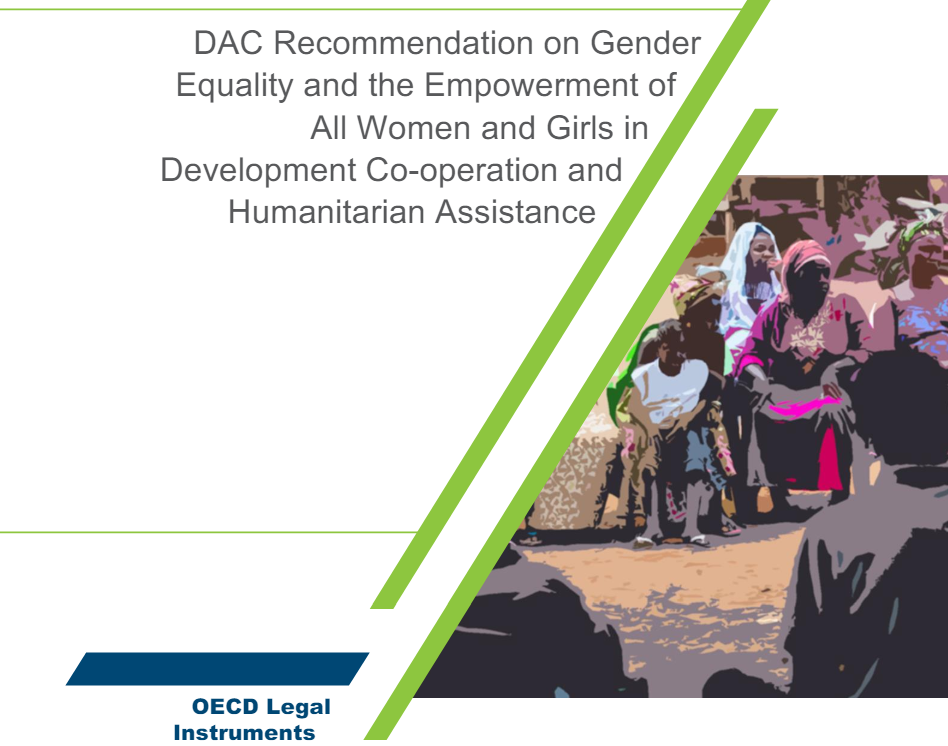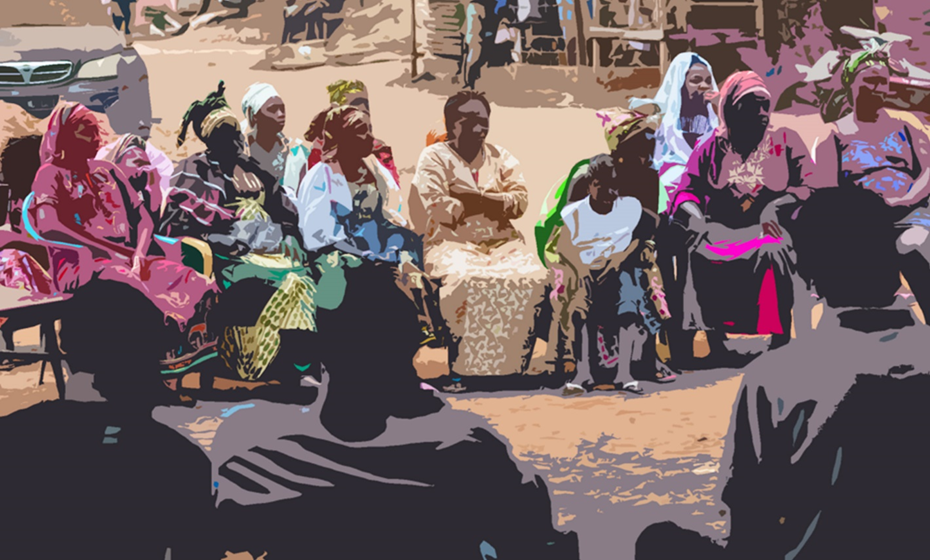
On 14 May 2024, the Development Assistance Committee (DAC) of the Organization for Economic Co-operation and Development (OECD) adopted DAC Recommendation on Gender Equality and the Empowerment of All Women and Girls in Development Co-operation and Humanitarian Assistance. DAC has 32 members (31 states and the EU) and Greece has been a member of DAC, since 1999.
The OECD Recommendations are not legally binding. However, they reflect the donors’ political commitment to the principles they embody and the expectation of their implementation. The Recommendation aims to provide a comprehensive framework to motivate, support, and guide development assistance donor countries and other intergovernmental and international bodies. This framework encourages the implementation of more comprehensive, coherent, and harmonised measures to promote gender equality and empower women and girls worldwide, in accordance with applicable international standards and national laws.

The Recommendation is based on six pillars:
1. Sustained Global Cooperation for Gender Equality and the Empowerment of All Women and Girls
This pillar aims to:
(a) Accelerate progress on all development goals by overcoming barriers to social inclusion.
(b) Prioritise gender equality in political dialogue and cooperation with all stakeholders.
(c) Mobilise political leadership to promote comprehensive, whole-of-government policies.
(d) Ensure fair, equal, and meaningful representation of women, with a particular emphasis on people facing systemic discrimination due to factors such as disability, gender identity, sexual orientation, race, nationality, age, and religion.
(e) Protect women from sexual violence in fragile environments or conflict situations.
2. Creation of Political and Legal Frameworks in Development Cooperation and Humanitarian Assistance
This pillar aims to:
(a) Adopt a strategy of comparative actions and integrate the gender component into policy and regulatory frameworks.
(b) Focus on transformative approaches to shift imbalances and address the root causes of inequalities.
(c) Implement policy frameworks that address different types of systemic discrimination.
(d) Support partner countries’ efforts to strengthen governance systems and create an enabling environment for gender equality.
(e) Strengthen policy coherence.
3. Design and Implementation of Development, Humanitarian and Peace Projects and Programmes
This pillar aims to:
(a) Capture the specific local needs in the political and socio-economic reality of the partner countries.
(b) Utilise analysis findings throughout the programs implementation cycle, incorporating at least one explicit goal for gender equality.
(c) Design and implement programs that allow flexibility in changing circumstances while maintaining long-term gender equality goals.
(d) Assess and monitor risks concerning groups or individuals in vulnerable situations, including the risk of sexual exploitation, abuse and harassment (SEAH ) in development cooperation and humanitarian assistance.
(e) Leverage the comparative advantages and know-how of partner countries.
4. Financing Gender Equality and the Empowerment of Women and Girls through Official Development Assistance (ODA) and other Forms of Financing
This pillar aims to:
(a) Increase funding for gender equality programs.
(b) Increase funding for local women’s rights organizations.
(c) Promote diverse forms of funding and cooperation, such as South-South cooperation and triangular cooperation.
(d) Regulate a quality assurance and due diligence process to ensure the correct implementation of the gender equality policy index of the OECD Creditor Reporting System (CRS).
(e) Encourage multilateral organizations, private sector entities, and civil society organisations to use the same indicator for a common and comparable system.
5. Strengthening Mechanisms for Monitoring, Evaluation, and Peer Learning Among Donor Countries
This pillar aims to:
(a) Establish an internal framework for monitoring, performance evaluation, and knowledge management, including tracking negative changes or unintended outcomes as appropriate.
(b) Provide financial and technical support to implementing partners to strengthen their internal mechanisms.
(c) Develop a learning and knowledge management agenda to build a comprehensive gender database.
(d) Improve analytical data on progress toward program outcomes.
6. Continued Strengthening of Institutions for Gender Equality and the Empowerment of Women and Girls
This pillar aims to:
(a) Prioritise gender equality as an institutional value to ensure an environment of equal working opportunities, free from exclusion and discrimination.
(b) Define comparative roles and responsibilities for implementing specific gender equality and social inclusion initiatives.
(c) Increase the number of specialised staff in gender equality issues.
(d) Ensure that existing staff have sufficient knowledge and skills to implement policies, programs, and projects that effectively address inequalities.
(e) Conduct policy implementation assessments and facilitate knowledge exchange between countries.
(f) Accelerate efforts to strengthen the integrity and accountability of all actors involved, and create mechanisms to prevent and respond to cases of sexual exploitation, abuse, and harassment (SEAH) in development cooperation.
Evaluation of the implementation of the Recommendation
The implementation of the Recommendation will also be examined within the existing evaluation mechanism (peer review) of the DAC members, with the aim of exchanging best practices. The full text of the Recommendation is available at the official website of the OECD
